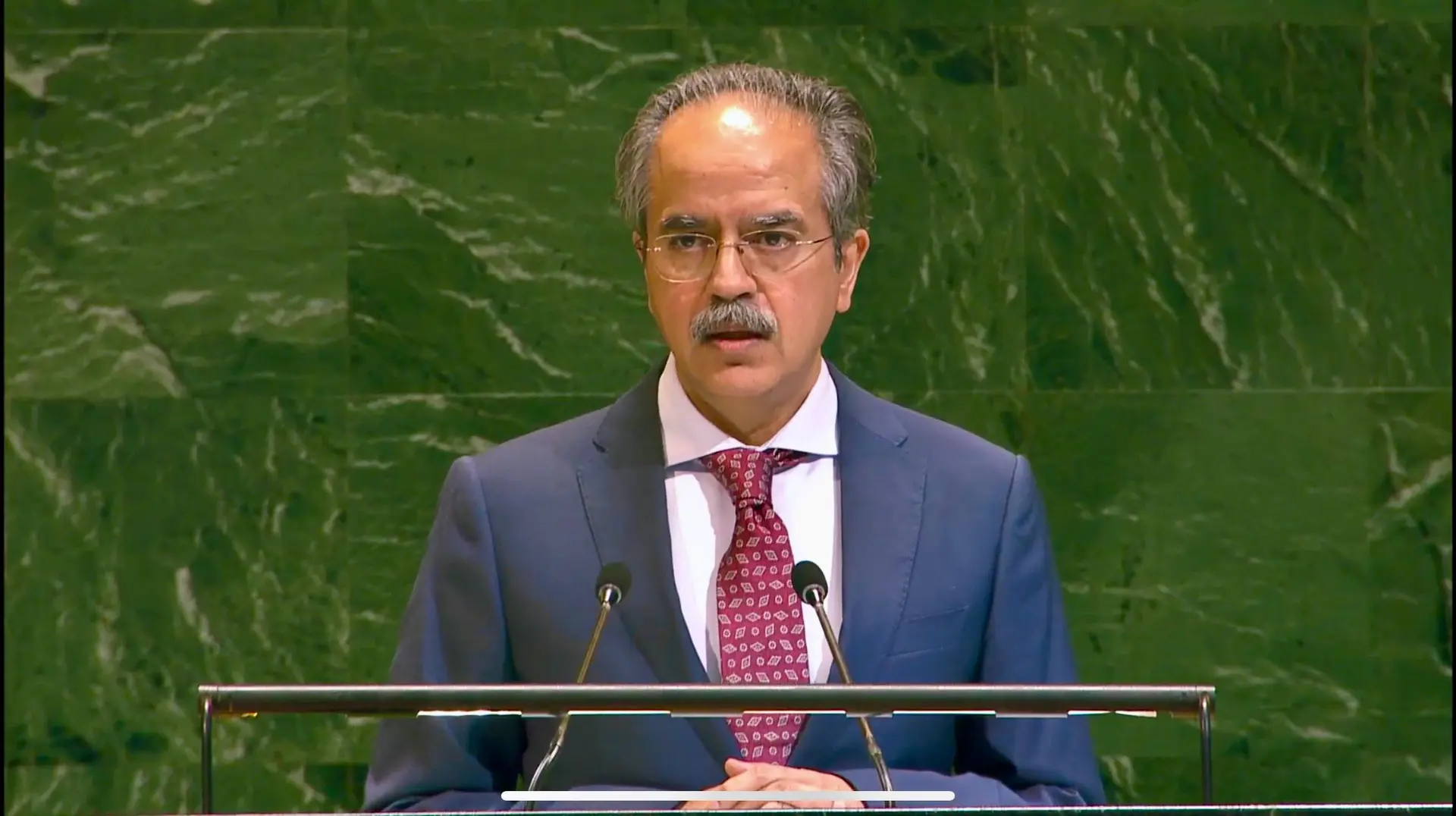The China-Pakistan Economic Corridor (CPEC) has been a topic of much debate and speculation since its inception. Launched as a flagship project under China’s ambitious Belt and Road Initiative, CPEC aims to connect Gwadar Port in Pakistan to China’s Xinjiang region through a network of highways, railways, and pipelines. Proponents of the project argue that it will bring much-needed investment, infrastructure development, and economic growth to Pakistan. In this article, we will delve into the nuances of CPEC and analyze its impact on Pakistan’s economic development, weighing the opportunities it presents for the country.
The article delves into the intricate impact of the China-Pakistan Economic Corridor (CPEC) on Pakistan’s economic development. By closely examining the various facets of this ambitious project, the author sheds light on how CPEC has influenced Pakistan’s economy, infrastructure, and overall growth trajectory. From investments in energy projects to the creation of special economic zones, CPEC has the potential to significantly boost Pakistan’s economic landscape.
Pakistan has embarked on the ambitious China-Pakistan Economic Corridor (CPEC) project, encompassing the development of critical infrastructure such as roads, railways, energy projects, and special economic zones. Advocates of this transformative initiative discuss that CPEC is dignified to revolutionize the economic landscape of the region by catalyzing growth and enhancing trade opportunities. One of the key promises of CPEC is addressing Pakistan’s persistent energy deficits through the establishment of vital power generation capacities. By bridging this crucial gap, CPEC aims to usher in a new era of energy security, laying the foundation for sustained economic development and industrial growth. Moreover, proponents of CPEC highlight the strategic advantage of enhanced connectivity with China and neighboring nations. These enhanced linkages are expected to unlock a myriad of opportunities, including expanded markets for Pakistani goods and services, streamlined flow of investments, and the infusion of advanced technologies into the country. By fostering stronger ties with regional players, CPEC has the potential to position Pakistan as a dynamic economic center, bolstering its global competitiveness and attractiveness for investors. As the wheels of progress are set in motion through CPEC, Pakistan stands at a pivotal juncture, poised to leverage this transformative initiative to propel itself into a new era of economic vitality and prosperity.
The Role of Energy Cooperation in CPEC
Energy is the lifeblood of any nation’s economy, driving growth, development, and progress. In Pakistan, the challenge of energy scarcity has been a long-standing issue, hindering the country’s potential for prosperity. However, with the China-Pakistan Economic Corridor (CPEC) in full swing, a ray of hope shines bright on the energy horizon. The energy sector stands at the forefront of cooperation between China and Pakistan under CPEC, with a substantial investment of $35 billion allocated to energy projects. One of the key initiatives within this framework is the construction of new power plants, a crucial step towards addressing Pakistan’s energy woes. These power plants, with a combined capacity to generate 10400 MW of electricity, encompass a diverse range of energy sources including coal, solar, wind, and hydroelectric power. The significance of this collaboration cannot be overstated. The construction of these power plants not only boosts Pakistan’s energy capacity but also enhances the country’s energy security. With a more reliable and sustainable energy supply, Pakistan is poised to unlock its industrial potential and drive economic growth. As we look towards the future, it is imperative to continue supporting the development of new power plants in Pakistan. By investing in energy infrastructure, we are not only securing a brighter tomorrow for the nation but also paving the way for a thriving industrial landscape. The partnership between China and Pakistan in the energy sector is a testament to the power of collaboration in overcoming challenges and achieving progress.
Enhancing Connectivity and Economic Growth
The China-Pakistan Economic Corridor (CPEC) has been a game-changer for Pakistan, especially in the transport and communication sectors. These projects are not just about infrastructure development; they are about transforming the economic landscape of the country. One of the key benefits of CPEC projects is the improvement in Pakistan’s connectivity, which is crucial for economic growth and prosperity. The extension of the Karakoram Highway and other road projects under CPEC is opening up new parts of Pakistan to the economic mainstream. These road developments are reducing travel times and costs, making it easier for people and products to move around the country. Improved rail and airport infrastructure are also essential for facilitating the flow of goods and people within Pakistan and across its borders. One of the most significant achievements of CPEC is the development of the Gwadar deep-sea port. This port provides Pakistan with a direct sea-to-sea connection, reducing the country’s reliance on existing maritime trade routes. This not only enhances Pakistan’s strategic position but also boosts its economic potential by facilitating trade and commerce with other countries. The enhanced infrastructure brought about by CPEC projects is extending the efficiency cycle of trade by reducing time and costs. This, in turn, is increasing Pakistan’s competitiveness in the global marketplace. As Pakistan continues to invest in its transport and communication sectors, the benefits of CPEC projects will be felt far and wide, driving economic growth and prosperity for years to come.
The China-Pakistan Economic Corridor (CPEC) is proving to be a game-changer for Pakistan’s economy, attracting substantial foreign direct investment and igniting a ripple effect of economic opportunities. The influx of funds and investments through CPEC has not only bolstered Pakistan’s economic landscape but has also instilled confidence in other countries and investors to view Pakistan as a lucrative investment hub. Initial assessments indicate that CPEC is a catalyst for job creation, with over 200,000 lakhs direct employment opportunities already generated for Pakistanis, fostering skill development in key sectors such as construction and engineering. With the CPEC initiative advancing, the potential for creating additional employment avenues at various levels of the supply chain is vast, promising a brighter future for Pakistan’s workforce and economy.
The China-Pakistan Economic Corridor (CPEC) aims to create Special Economic Zones across Pakistan, fostering collaboration between local businesses and enabling technology transfer between Pakistan and China. Strategically located along trade routes, these zones are designed to boost manufacturing capabilities and enhance the reach of Pakistani goods in regional and global markets. From textile mills to food processing and electronic manufacturing, these zones hold the potential to revitalize industries and drive economic growth in Pakistan.
In conclusion, the transformative influence of the China-Pakistan Economic Corridor (CPEC) on Pakistan’s economic landscape is undeniably profound, presenting a dynamic tapestry of opportunities and challenges that demand meticulous examination and thoughtful deliberation. This monumental project holds the promise of unlocking new realms of progress and prosperity for the nation, heralding a wave of economic growth and infrastructural advancement that has the potential to reshape the trajectory of Pakistan’s development journey.
Amidst the vast array of possibilities that CPEC brings forth, it is imperative for the Pakistani government to navigate this terrain with a discerning eye, safeguarding the national interests and ensuring that the benefits of this initiative are shared equitably among the populace. By prioritizing transparency, accountability, and inclusivity in the implementation of CPEC projects, Pakistan can harness the full transformative power of this collaboration, fostering sustainable development and fostering a more inclusive economy that uplifts all sectors of society. As Pakistan stands at the crossroads of progress and potential, the prudent management of CPEC holds the key to unlocking a brighter future for the nation. By fostering strategic partnerships, promoting innovation, and upholding the principles of good governance, Pakistan can leverage the opportunities presented by CPEC to drive inclusive growth and foster a climate of economic resilience that empowers all citizens to thrive. In embracing the complexities of the CPEC narrative, Pakistan has a unique opportunity to chart a course towards a more vibrant and prosperous future. By harnessing the synergies of this transformative initiative and fostering a climate of collaboration and cooperation, Pakistan can position itself as a beacon of economic vitality and resilience in the global arena, setting the stage for a new chapter of growth and prosperity that resonates across the nation. In essence, the impact of CPEC on Pakistan’s economic fabric is a testament to the nation’s resilience and potential, offering a pathway towards a future defined by progress, innovation, and inclusive growth. By embracing this journey with a spirit of optimism and determination, Pakistan can seize the opportunities that lie ahead, shaping a tomorrow where the dividends of development are shared by all, and the promise of prosperity is realized for generations to come.

Mr. Obaid Ayub is Director, House of Elaan & Member Board of Experts, PRCCSF.
Director, House of Elaan & Member Board of Experts, PRCCSF.













